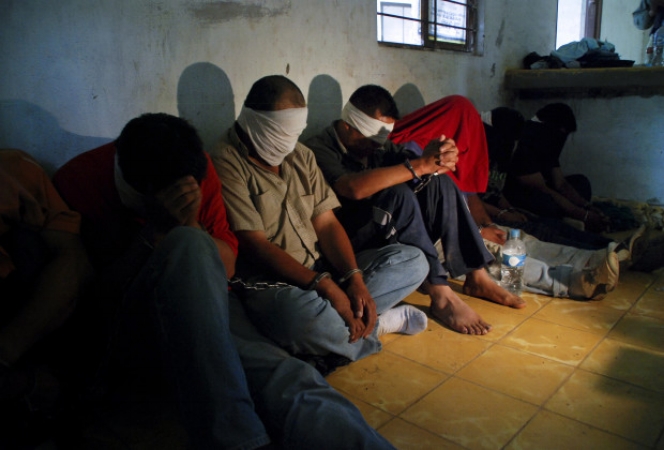There has been a disturbing rise in cases of kidnapping across the country. The elite are not the only targets of kidnappers; workers, students, and even children are not spared. According to the Nigeria Security Tracker, no fewer than 19,366 Nigerians were kidnapped in 2,694 attacks in the last 10 years.
However, a security officer with a private firm, Armstrong Oyeyemi, believes that while some kidnappings occur randomly, one may reduce the risks of being abducted by taking certain measures.
Assess your risk status
According to Oyeyemi, there are some people who are at a higher risk of being kidnapped and such people will need to be more deliberate in self-protection. “With the rate of terrorism in the country, anybody can fall victim, but some people are at a greater risk than others. For instance, if you are a politician, actor, doctor, humanitarian volunteer, oil industry employee, tourist or corps member, you are at a higher risk of being targeted for a kidnap.
Research your destination
A personal trainer, Kunmi Emmanuel, advised that people whose work required much travel should ensure they researched their destination. He said, “If you reside in Ogun State and you are travelling to Abuja, for instance, you need to know the states and towns you will pass through and research how safe they are. Inquire from friends, transporters, and other people familiar with the route who can guide you on when and how it is safer to travel.”
Monitor local news
“There are some places where kidnappings take place far more frequently than others. They are kidnap zones. If you are travelling there or passing through the area, you need to stay in touch with news updates so you can know when to take cover or make a U-turn,” Oyeyemi advised. Emmanuel added that news reports could also help provide more information regarding the state of security in a place and what mode of transportation might make people more susceptible to kidnapping.
Scrutinise employees
Emmanuel pointed out that some kidnappings could also be orchestrated among employees against an employer in an organisation or a fellow staff member. “Many kidnappers are often employees like drivers, home helps, security guards, gardeners, or within office settings, so it is vital for employers of labour to conduct a background check on an individual before they employ him or her. Their family members or guarantors should be known and readily contacted,” he noted.
Be discreet online
Emmanuel urged people to avoid “giving away their geographical locations when it is unwarranted as this might make them prone to kidnapping. Some suspects could be on their trail already.”
Keep emergency numbers
“People should have emergency numbers of security operatives that they can call whenever they sense any suspicious activity in their environment. Having the numbers of family members is also vital. In this case, they can switch on the location mode on their mobile phones,” Emmanuel advised.
Report threats
“If it is a targeted kidnap, you can easily foil it by attracting attention by screaming or plunging yourself into the midst of a crowd. You can throw or break some objects around to make a noise to draw attention. Kidnappers tend to avoid such scenarios if they aren’t armed,” Oyeyemi said. Emmanuel added, “People who have received threats, especially about being kidnapped, need to report to the police about it. Also, you can protect yourself by going through some self-defense training.”



